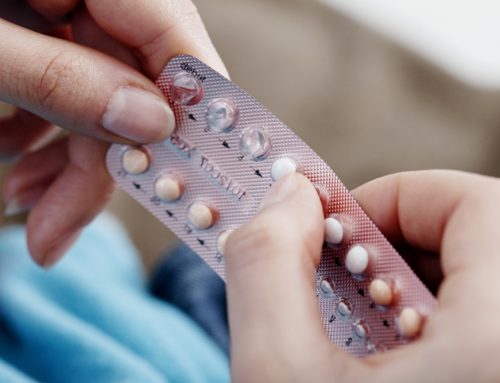There are clinical trials that pay handsomely for participation, but not all research studies are created equal.
“WANTED—Healthy man or woman, age 18-30 to participate in a clinical trial. Will compensate $x.” Money in return for a few hours spent filling out questionnaires sounds too good to be true, right? Not necessarily.
 Most clinical trials and research studies don’t pay, but a nominal time and travel compensation is provided, and it’s important that they don’t pay overtly. The National Institutes of Health, and other government agencies like the US Food and Drug Administration, and study Institutional Review Boards are trying to discourage participation in clinical trials solely for financial gain.
Most clinical trials and research studies don’t pay, but a nominal time and travel compensation is provided, and it’s important that they don’t pay overtly. The National Institutes of Health, and other government agencies like the US Food and Drug Administration, and study Institutional Review Boards are trying to discourage participation in clinical trials solely for financial gain.
If clinical trials were constantly competing against one another for participants, things could go downhill very quickly. There are plenty of drugs and treatments that don’t target high profile diseases and that might not have the pharmaceutical sponsors to pay each participant. If these drugs could not get participants for trials because they couldn’t pay, many of them would never make it past the trial phase, which means less effective drugs and poorer research and development on the whole.
So, the burning question is why do some research studies pay and others don’t? If it’s generally frowned upon, why are there studies that pay their participants? There are many factors involved in the answer to that question. In some cases there may be more inherent risk involved in participation so they compensate participants for the incurred risk monetarily. The answer could be as simple as need—interest might be low and so they’re trying to sweeten the pot. Even if a trial does not offer direct monetary compensation, most will reimburse reasonable travel and food expenses for contributors to research studies. This is true of many paid clinical trials in Utah. According to recent surveys, this is all most participants want from a clinical trial. Most participate because they want to help cure or treat a disease that affects their life of the life of a loved one.
In the end, clinical trials are trying to further research and understanding. This is why few trials pay and most simply reimburse. The goal is to cure or treat disease—any other benefit to participants is simply a bonus.







Leave A Comment